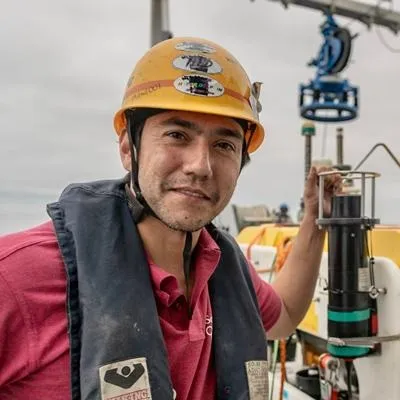About the project
Navigational drift is a major bottleneck for systems operating in GPS-denied underwater, space, and subterranean environments. This project advances navigation in such conditions by fusing fast, drift-prone classical inertial sensors with stable quantum measurements. You will develop fusion algorithms, explore sensor configurations, and validate performance through simulation and hardware-in-the-loop testing.
Classical inertial navigation systems (INS) combine gyroscopes and accelerometers to track position and orientation. However, errors such as gyro drift and accelerometer bias accumulate over time, degrading navigation performance. Quantum gyroscopes and accelerometers offer highly stable, low-drift measurements, but typically operate at slower update rates. Combining them with fast classical sensors could enable robust, long-duration navigation in GPS/GNSS-denied environments.
This project aims to develop algorithms and software for hybrid quantum–classical INS, correcting both gyro- and accelerometer-induced errors to produce reliable, low-drift navigation solutions.
You will focus on sensor fusion and state estimation, integrating a single-axis quantum sensor with classical 3-axis MEMS or optical-based inertial sensors.
You will investigate how the relative configuration (e.g. axis orientation) between slow, stable quantum measurements and high-rate classical data impacts navigational performance.
The project will also explore multi-axis quantum setups to evaluate their potential for further constraining navigational drift. Research will include simulation, hardware-in-the-loop testing, and validation using real-world quantum and classical sensor data, with a particular focus on marine applications.
You will gain expertise in hybrid navigation, sensor fusion, and real-time state estimation, developing the ability to translate raw multi-sensor data into practical navigation outputs.
The project will provide a strong foundation for future multi-axis quantum INS development and deepen your understanding of the trade-offs between quantum and classical sensors.
You will work with industry advisors throughout the project, gaining insight into real-world challenges and priorities, building a professional network, and developing skills aligned with the needs of autonomous navigation technologies.
Along with the University supervisors, you will be supervised by the external colleagues:
- Darryl Newborough (Sonardyne)
- Georgios Salavasidis (National Oceanography Centre)
- Joseph Cotter (Imperial College London)

